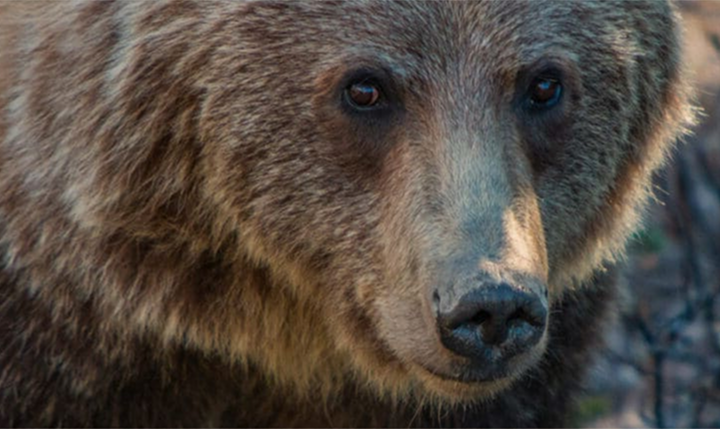Government ambition on Kunming-Montreal (COP 15) must be matched by action
Today Canadian environmental groups, including Yellowstone to Yukon Conservation Initiative, presented shared recommendations to the federal government on how Canada must act urgently to meet its global commitments to protect and restore nature under the Global Biodiversity Framework (GBF) agreed to at COP 15 in Montreal last December.
The recommendations, which drew input from 17 organizations, was submitted in advance of the New York World Biodiversity Summit where world leaders are expected to discuss how they will successfully achieve the targets and objectives outlined in the Framework.
The adoption of the Global Biodiversity Framework is considered a historic accomplishment for conservation. Environmental groups want to ensure the promises made at COP 15 become robust strategies that will halt and reverse biodiversity loss and safeguard nature into the future.
The recommendations include (but are not limited to):
- Centering Indigenous-led conservation;
- Aligning actions across government departments;
- Securing sufficient, long-term funding to support implementation across the country.
Long-term commitments from all sectors will be needed to address the many human activities that cause biodiversity loss and jeopardize the future. The joint submission highlights the importance of supporting Indigenous Peoples so they can play a central role in attaining several of the targets.
“To achieve big goals, we need to think big and band together. This is an opportunity to put solutions in place and address the worst impacts of climate change and biodiversity loss on wildlife, ecosystems and waters across Canada. They exist. Inspirational models like the network of connected habitat and protected areas in the Yellowstone to Yukon region offer both hope and a roadmap for attaining the lofty aspirations set forth in the Global Biodiversity Framework. We hope Canada pulls every lever to address this crisis,” says Sarah Palmer, Y2Y’s government relations and policy strategist.
Federal, provincial, and territorial governments will also have an important role to play in preventing biodiversity loss. In the coming months, Canada will draft its 2030 Biodiversity Strategy to guide GBF implementation. Protecting nature must be a priority and environmental groups expect Canada to be leading the charge. Upcoming milestones like the fall economic statement are opportunities for Canada to rise to the occasion.
The 17 organizations submitting this joint submission:
- Alternative Land Use Services
- Birds Canada
- Canadian Parks and Wilderness Society, National
- Canadian Wildlife Federation
- The ChariTree Foundation
- David Suzuki Foundation
- East Coast Environmental Law
- Ecology Action Centre
- Ecojustice
- Environmental Defence
- Nature Canada
- Natural Resources Defense Council
- Nature Trust of New Brunswick
- The Wilderness Committee
- Wildlife Conservation Society Canada
- West Coast Environmental Law
- World Wildlife Fund Canada


